We caught up with the brilliant and insightful Anthony Bruno a few weeks ago and have shared our conversation below.
Anthony, looking forward to hearing all of your stories today. Learning the craft is often a unique journey from every creative – we’d love to hear about your journey and if knowing what you know now, you would have done anything differently to speed up the learning process.
Developing a voice on your instrument and in your compositional style feels like a monumental task. As a recording artist, there’s so many facets of the creative process to work on, but learning how to play your instrument and how to compose are by far the most paramount, at least in the spheres I function in.
I learned how to play the saxophone through a series of studies both formally and informally. I went the traditional route of studying music in school and I took private lessons. I worked on technique such as scales, arpeggios, reading, etc. but then there’s also the music theory study. Studying music theory helped me understand harmony and melody through analysis and transcription. Informally, I have been busy as a working musician since I was a teenager. So much can be learned from a live music performance and I always soaked in as much knowledge as I could from each gig. Everything from what to wear, to how to comport myself, to how to function on the bandstand as a musician taught me something about being a professional musician. Practice or jam sessions have also been a hallmark of my learning and growth process. From high school to post college, I would go to sessions with other friends and musicians and just hang out and play music. Other musicians push you in ways you might not be accustomed to and it spurs a special and unique kind of growth.
I learned most of my compositional style from transcription which is the art of writing out or memorizing music that has already been recorded or performed. You essentially write out what you hear without looking at the music that’s being performed. I started working professionally as a writer, arranger, and orchestrator about 10 years ago and I’ve done close to 1,000 songs and solos and all of this harmonic and melodic information has shaped my compositional concepts. Bach learned to write from transcription and I truly believe this is a brilliant way to open up your ears and mind to composition because you are tapping into the ideas of the great composers who wrote the music that you love to listen to.
I think I could have taken more risks early on and pushed myself into connecting me learning process into a creative process. I felt as if I needed to wait until I felt very confident in my abilities before I truly entered the creative space as a solo artist. I wish I would have been more daring younger in my career in order to more quickly establish my abilities as a leader. The more I do this, the more I realize time is so limited to get all of your ideas out to the world.
The most essential skills are having a deep foundational understanding of your craft, medium, or art form, and translating that into a confidence and freedom in order to create without concern or regard.
I think time, work commitments, life, and the need for rest stood in the way of learning more, however, life happenings also really helped shape my creative output. I believe some obstacles are put there purposely to help us learn. The realizations from those learning experiences definitely shaped the music I’ve written and performed.
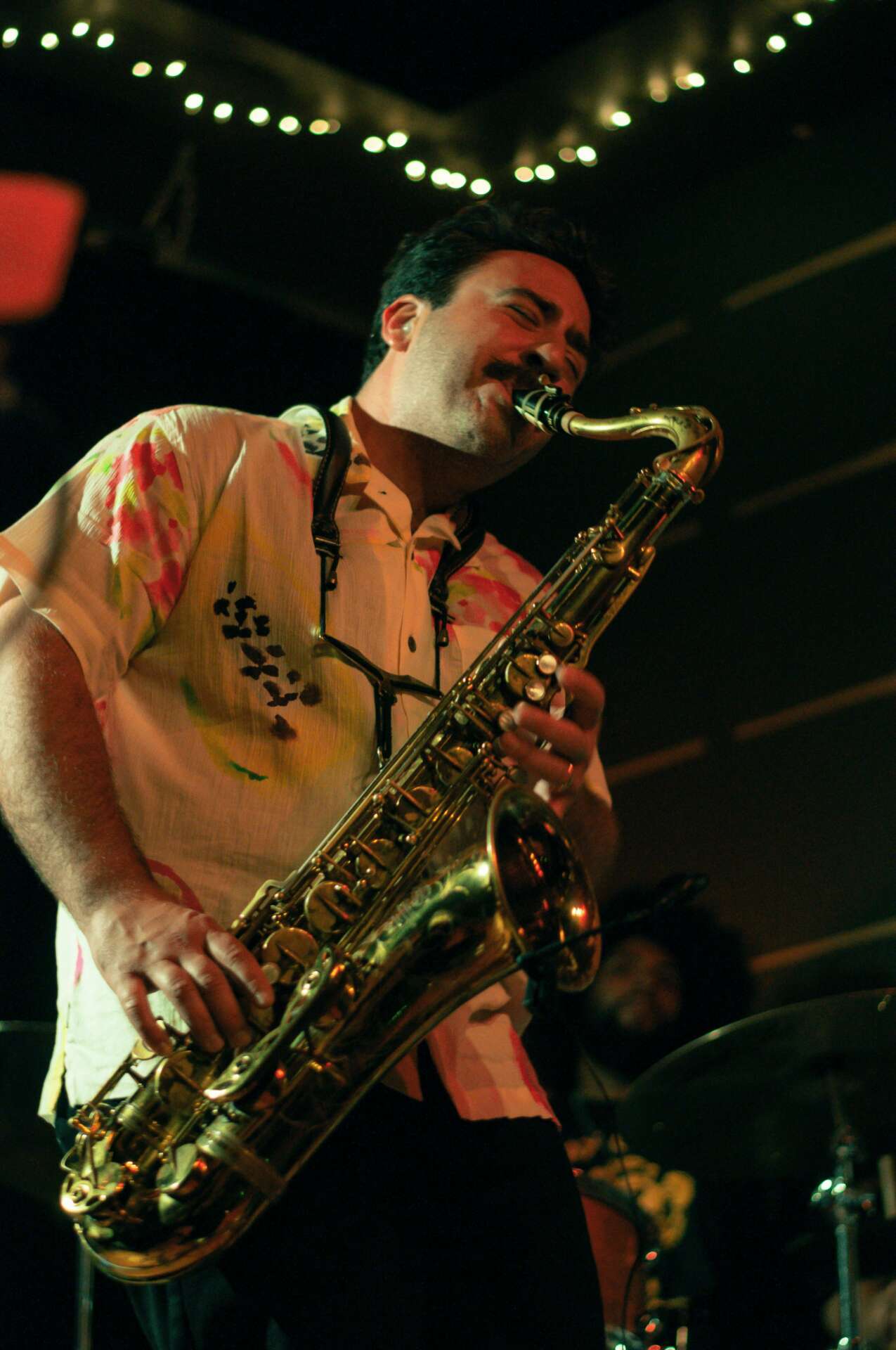
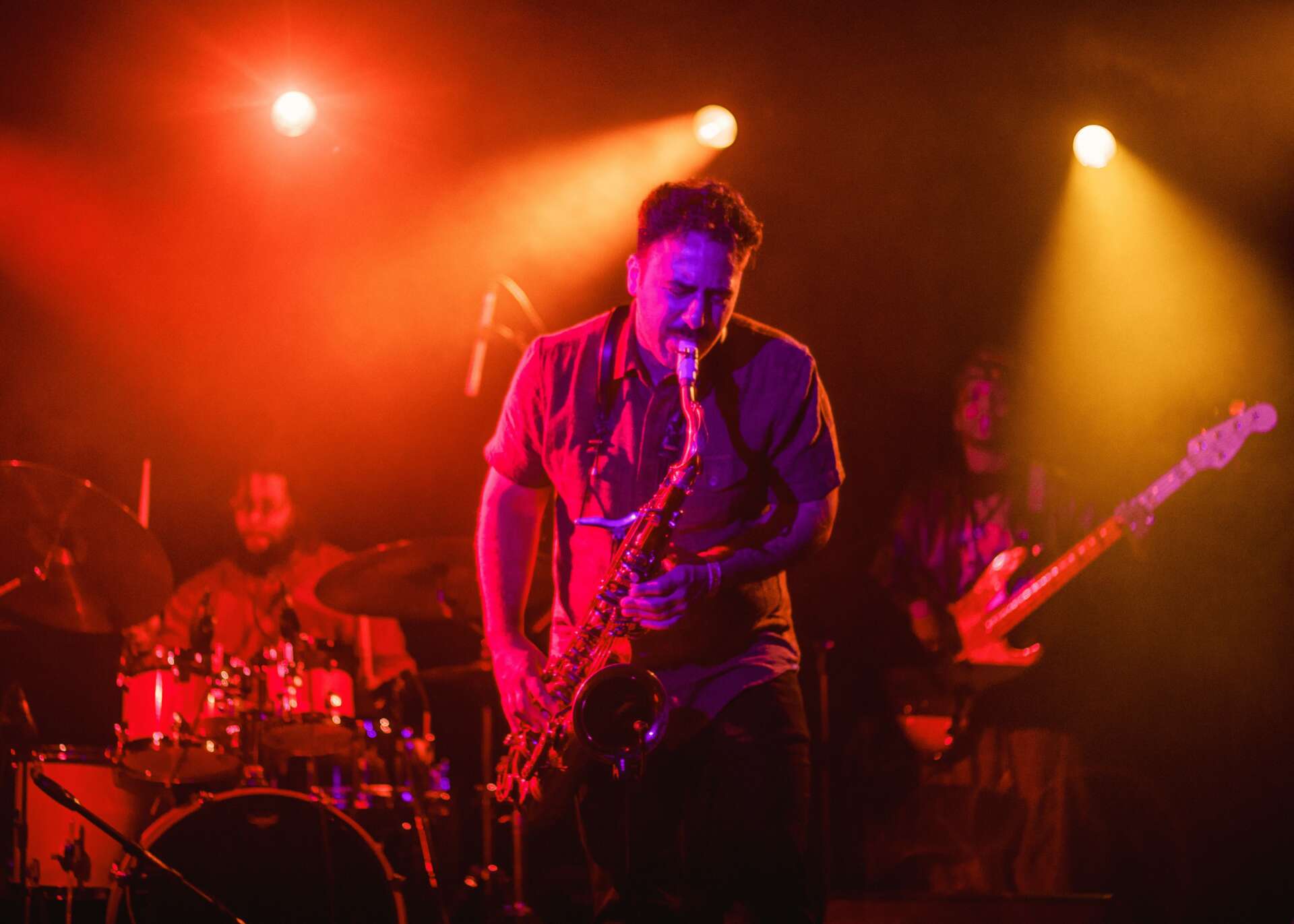
Anthony, love having you share your insights with us. Before we ask you more questions, maybe you can take a moment to introduce yourself to our readers who might have missed our earlier conversations?
I was born into a musical family. My father played the saxophone and the accordion and I grew up hearing the saxophone all the time. I would go to his performances, hang out back stage, be at rehearsals in bars when I was 7 years old and I just thought living this lifestyle was a very normal thing that every kid was doing. I always knew I wanted to be a professional musician, more so than just about anything in my life.
I started my first band when I was 13 years old. Our first show was a house party and I was hooked. We played our first big show at our town’s teen center, a small space for shows and events. We sold it out and the feeling was unlike anything else I could have ever imagined. I confirmed what I had previously dreamt of, that I wanted to be a musician and be involved in the creative process for the rest of my life.
I spent the next 20 years as the consummate professional musician, the perpetual sideman. It took a global pandemic to thrust me into the world of being a solo artist. I started writing music as a form of catharsis in order to battle through mental health struggles. The first pieces that I wrote during this period were a washing of the emotions in my brain, heart, and soul. I was fortunate enough to have the songs recorded and I quickly began performing live all over Chicago. Within a year my band had been playing weekly at various night clubs throughout the city and invited to multiple festivals including the Chicago Jazz Festival.
I’m really proud of the music that I’ve written and recorded. The music is a true glimpse into the mind and emotions that I live with every day. The live show is how I imagined jazz should always be: energized, slightly raucous, and absolutely straight from the heart. I grew up listening to almost exclusively punk and Hip-hop/R&B, so I really want to feel that energy in my live shows. Most people think of jazz as on the stuffy side, but my goal is to connect with audiences on a real human level and match the vibrations that my audiences walk in with.
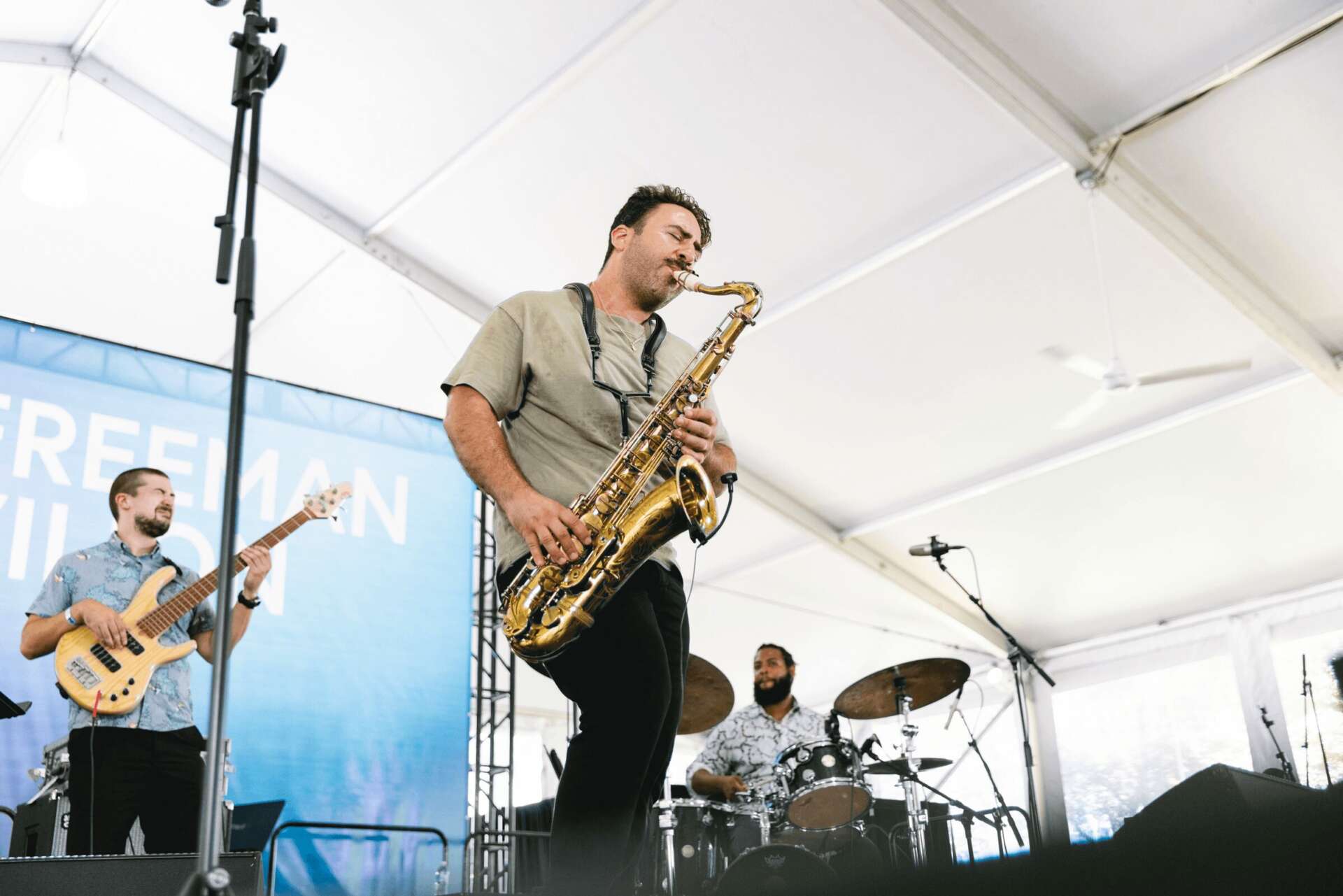
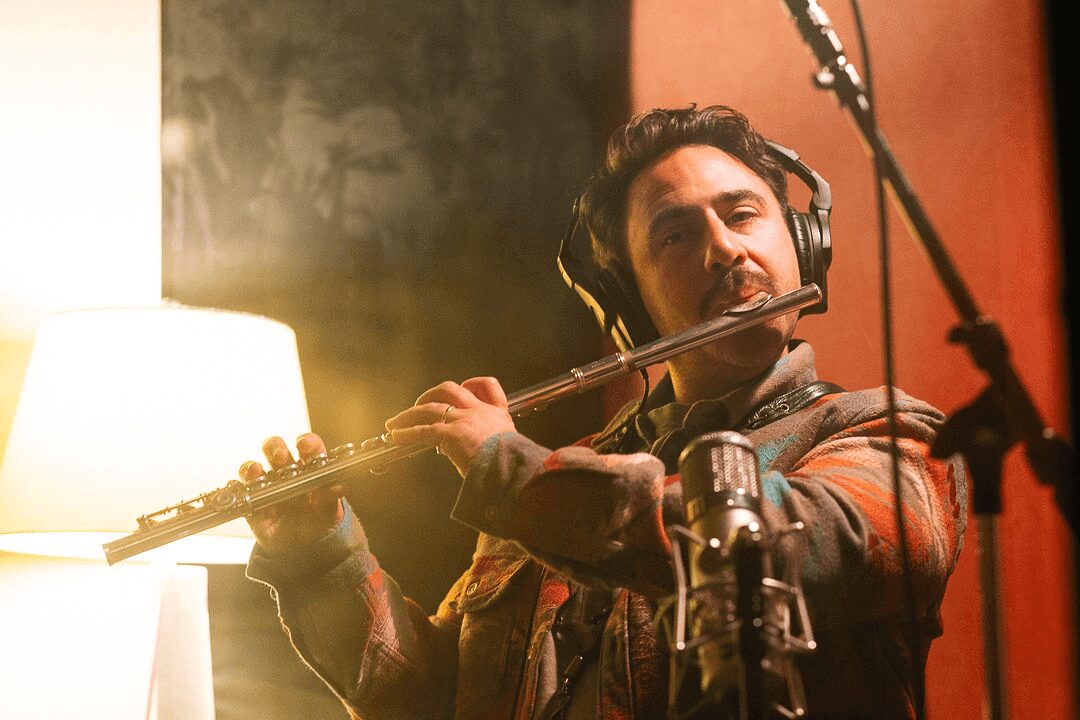
What do you find most rewarding about being a creative?
The most rewarding aspect of being an artist or creative is being able to be involved in work that is beyond meaningful to you, it is your literal life source. Creating art/music feels like watching the insides of your heart and soul in the third person. There’s nothing that feels as real, human, and stimulating than creating. To have your vibrational energy be translated and produced for the world to experience is a gift and a blessing and I don’t take it for granted.
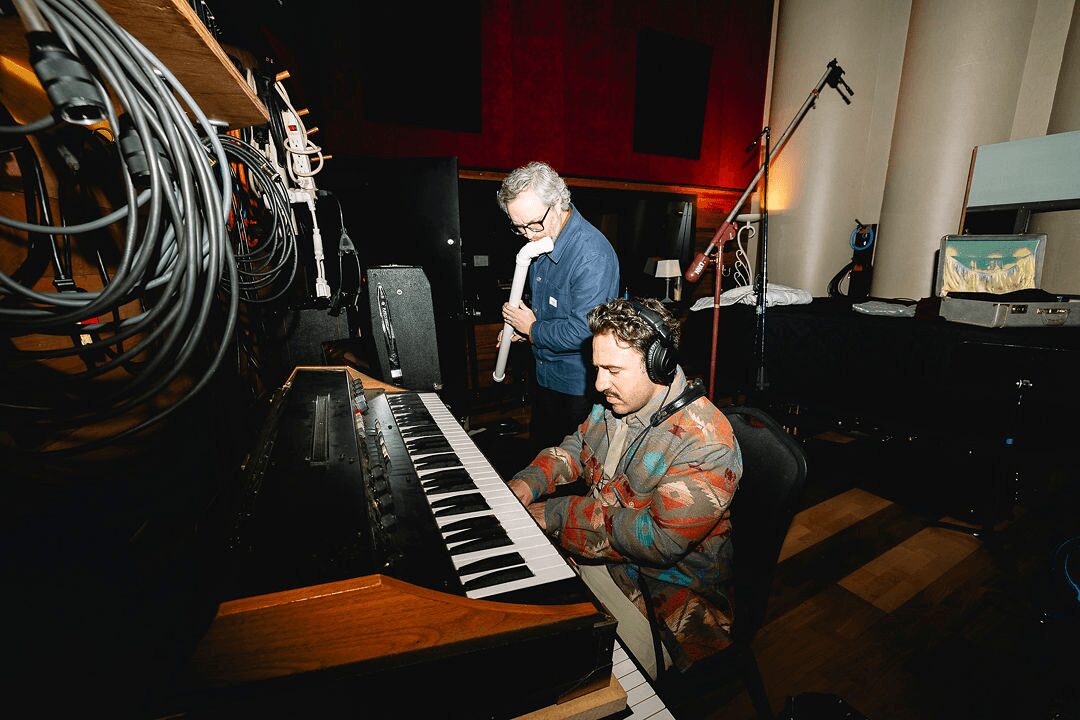
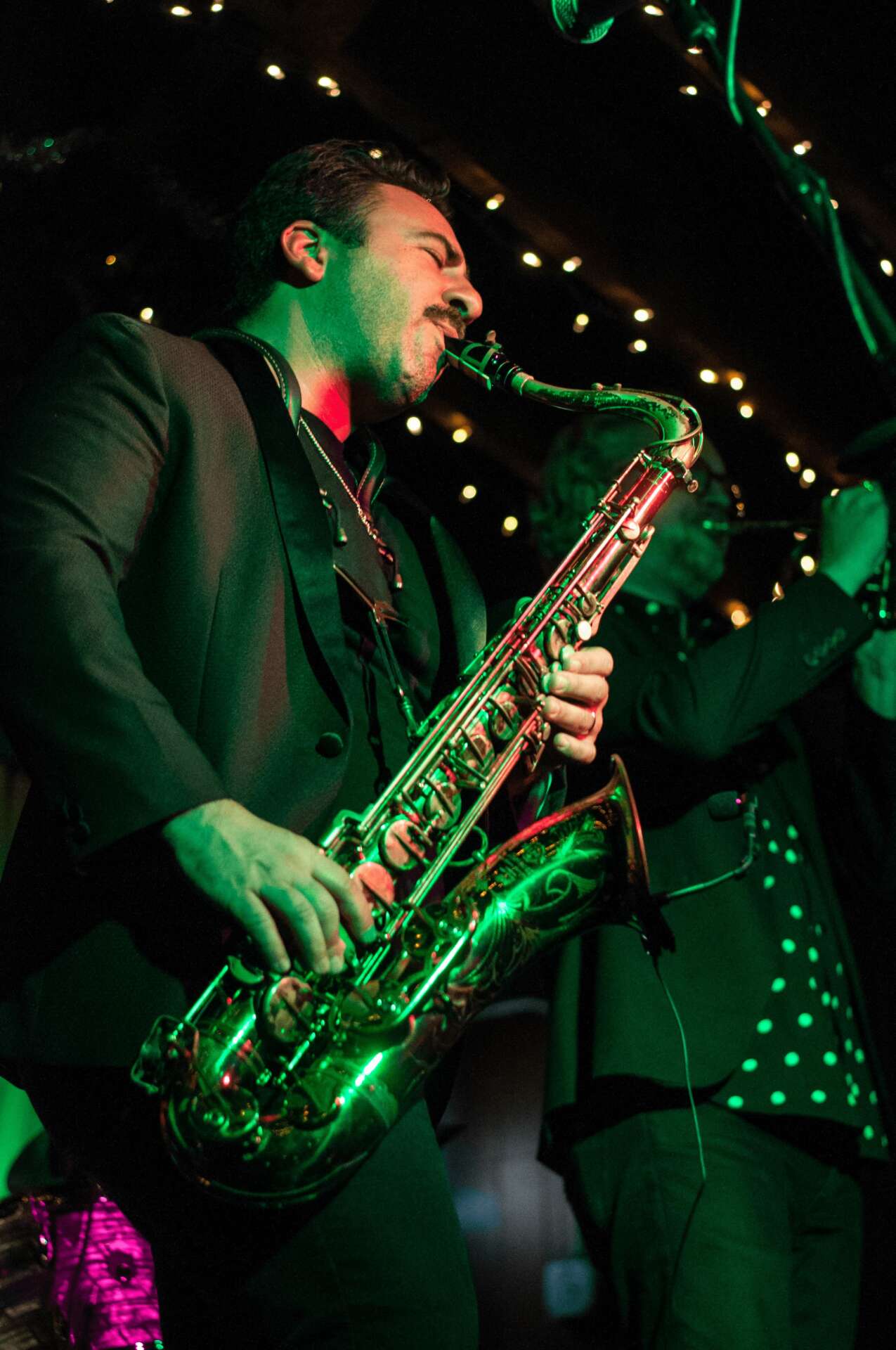
How did you build your audience on social media?
Ultimately, be yourself and let your social media page be a reflection of how you interpret the digital landscape. Don’t be afraid to let people into your life, but be selective with what you think is appropriate to share. If you are building a brand, have a concept, be clean, concise, and consistent. If you present your concept in a clear fashion, it will attract the people that want to be a part of your story and those are real, organic, and genuine followers, the kind that will truly support you.
Contact Info:
- Website: https://www.anthonybrunomusic.com
- Instagram: https://instagram.com/anthonybrunomusic
- Linkedin: https://www.linkedin.com/in/anthonybrunomusic/
- Youtube: https://www.youtube.com/@abrunomusic
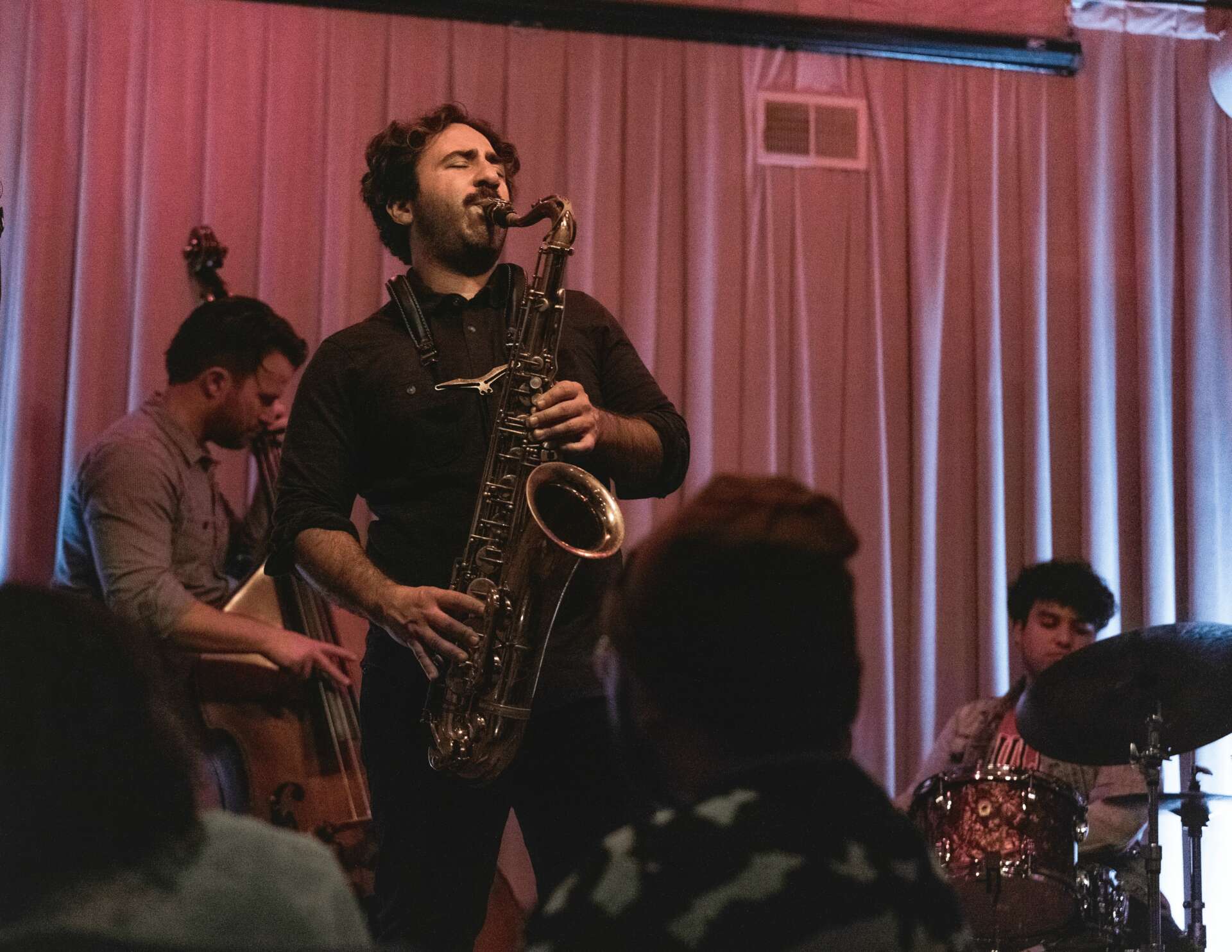
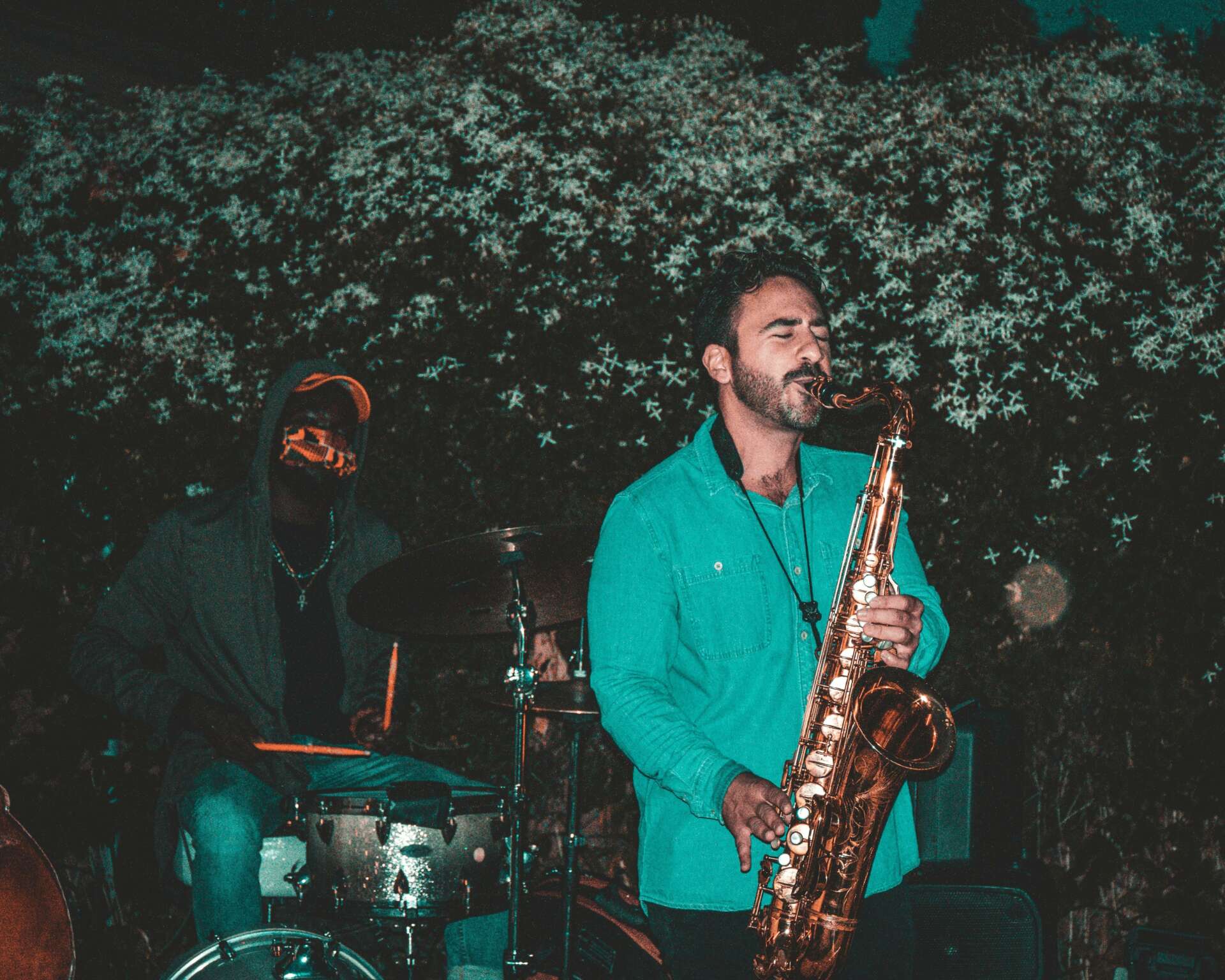
Image Credits
Faith Decker
Alan Mayne
Maya Rafal


